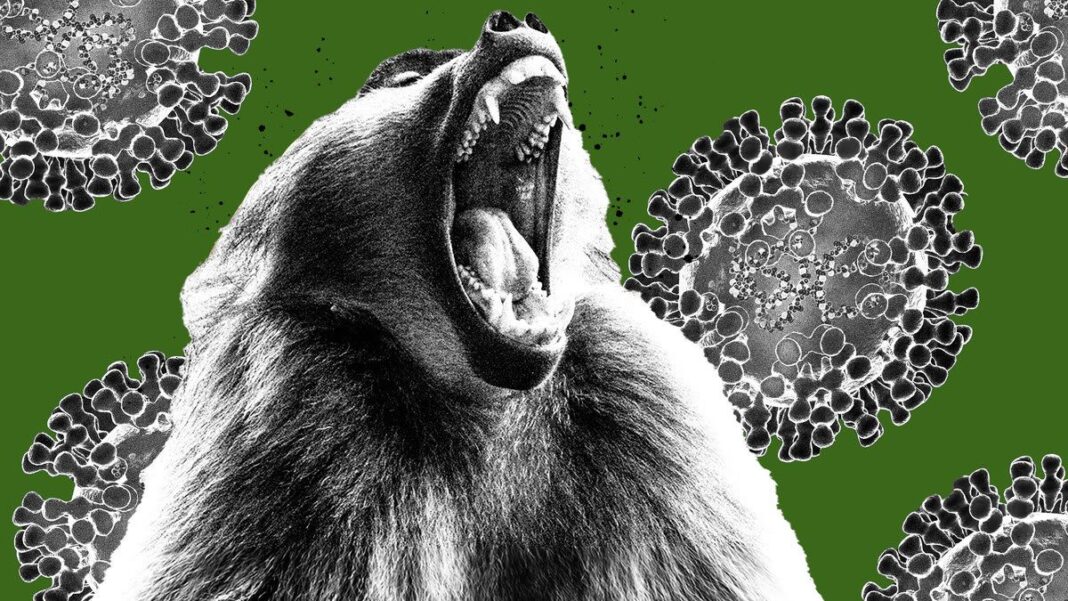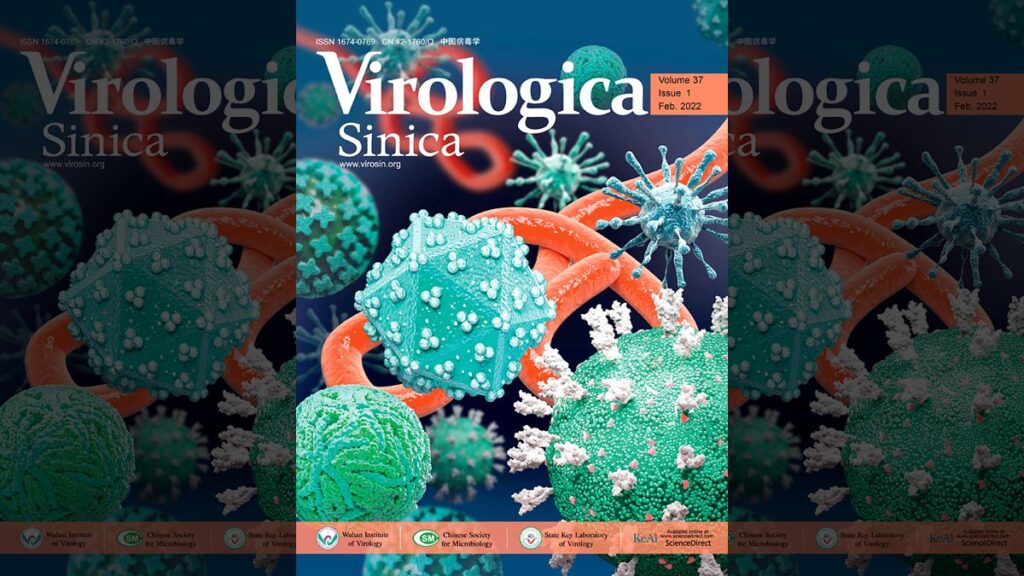The Wuhan Institute of Virology assembled a monkeypox virus genome, allowing the virus to be identified through PCR tests, using a method researchers flagged for potentially creating a “contagious pathogen,” The National Pulse can reveal.
The study was first published in February 2022, just months before the latest international outbreak of monkeypox cases which appear to have now reached the United States.
The paper, which was authored by nine Wuhan Institute of Virology researchers and published in the lab’s quarterly scientific journal Virologica Sinica, also follows the wide-scale use of Polymerase Chain Reaction (PCR) tests to identify COVID-19-positive individuals.
Researchers appeared to identify a portion of the monkeypox virus genome, enabling PCR tests to identify the virus, in the paper: “Efficient Assembly of a Large Fragment of Monkeypox Virus Genome as a qPCR Template Using Dual-Selection Based Transformation-Associated Recombination.”
Monkey pox viruses – referred to as “MPXVs” in the paper – have strains that are “more pathogenic and [have] been reported to infect humans in various parts of the world.”
Read Full Article on TheNationalPulse.com










